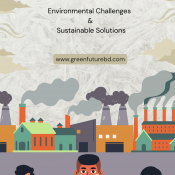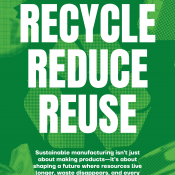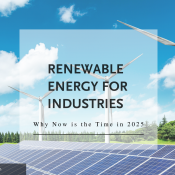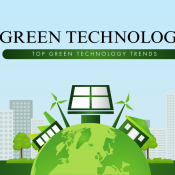ETP (Effluent Treatment Plant): Turning Wastewater into a Lifesaver

Clean water is life. But sadly, industrial growth has caused serious pollution in our rivers, canals, ponds, and even underground water. One of the biggest reasons for this is untreated wastewater coming from factories. That’s where an Effluent Treatment Plant (ETP) plays a very important role.
In today’s world, protecting the environment is not just a choice — it’s a responsibility. One of the most important ways industries can reduce pollution and protect nature is by using an Effluent Treatment Plant (ETP).
But what exactly is an ETP, and why is it so important?
Let’s understand in simple words.
What is an Effluent Treatment Plant?
An Effluent Treatment Plant (ETP) is a system used to treat wastewater or dirty water that comes out from factories, industries, or other workplaces. This water, known as effluent, contains harmful chemicals, oil, dirt, and other pollutants that can damage the environment if released without cleaning.
The ETP helps to clean the water before it is thrown back into the environment, rivers, or drainage systems.
What Happens Without an ETP?
Imagine dirty, poisonous water from factories going straight into rivers and canals. What would happen?
· Fish and aquatic life would die
· People using the water could get sick
· Soil and crops would get polluted
· Bad smell and dirty surroundings
· Groundwater can become unsafe to drink
That’s why ETPs are not just machines – they are lifesavers for our environment, health, and future.
Why ETP is So Important?
Here are some key reasons why every industry must have an ETP:
1. Protects the Environment
ETPs remove harmful substances from industrial wastewater. Clean water helps protect rivers, lakes, soil, and wildlife.
2. Saves Human Lives
Toxic industrial waste can harm workers and nearby residents. ETPs reduce the risk of diseases, infections, and accidents.
3. Follows Legal Rules
Most countries have strict environmental laws. Industries must treat their waste before releasing it. Without ETPs, companies can be fined or shut down.
4. Reuses Water
Some ETPs are designed to clean water so well that it can be reused for gardening, cleaning, or even in the factory again. This saves fresh water.
5. Improves Company Image
Customers and clients support companies that care about nature. An industry with ETP shows it is responsible and environment-friendly.
6. Reduces Bad Smell & Waste
Treated water doesn’t create bad odors or harm the surrounding area. It makes the workplace cleaner and safer.
How Does an ETP Work?
Though the process can be complex, here’s a simple idea of how it works:
- Collection – Wastewater from the factory is collected in a tank.
- Separation – Large solids, oils, or grease are removed.
- Chemical Treatment – Chemicals are added to remove harmful pollutants.
- Biological Treatment – Natural bacteria break down organic waste.
- Filtration – Water is passed through filters to remove fine particles.
- Disinfection – Final step to kill any germs before releasing the water.
Who Needs an ETP?
Industries producing high levels of wastewater must install an ETP. These include:
· Textile and dyeing industries
· Pharmaceuticals
· Food processing units
· Oil and petroleum refineries
· Pulp and paper mills
· Chemical and fertilizer factories
· Leather tanneries
· Paint and coating industries
· Hospitals and clinics
ETP and SDGs (Sustainable Development Goals)
The United Nations has set 17 Sustainable Development Goals (SDGs). ETPs directly support:
· Goal 6: Clean Water and Sanitation
· Goal 13: Climate Action
· Goal 12: Responsible Consumption and Production
· Goal 3: Good Health and Well-being
· Goal 14: Life Below Water
Installing and maintaining an ETP is a direct action toward a better planet.
What Can We Do?
Even if we are not part of an industry, we can play a role in spreading awareness:
· Ask questions: Does your local industry have an ETP?
· Share knowledge: Educate your friends, family, and community
· Support eco-friendly brands and factories
· Report pollution to local authorities
· Encourage your school, college, or workplace to promote water treatment
Clean Water = Clean Future
We are all part of the environment. What we throw into nature, eventually comes back to us — in the air we breathe, the water we drink, and the food we eat.
An Effluent Treatment Plant is not just a machine — it is a promise. A promise to protect nature, health, and the next generation.
Published on: Thursday, 10 July 2025, 03:42 pm ▪ Last update: Monday, 14 July 2025, 11:06 am ▪ Total View of this Page: 534







